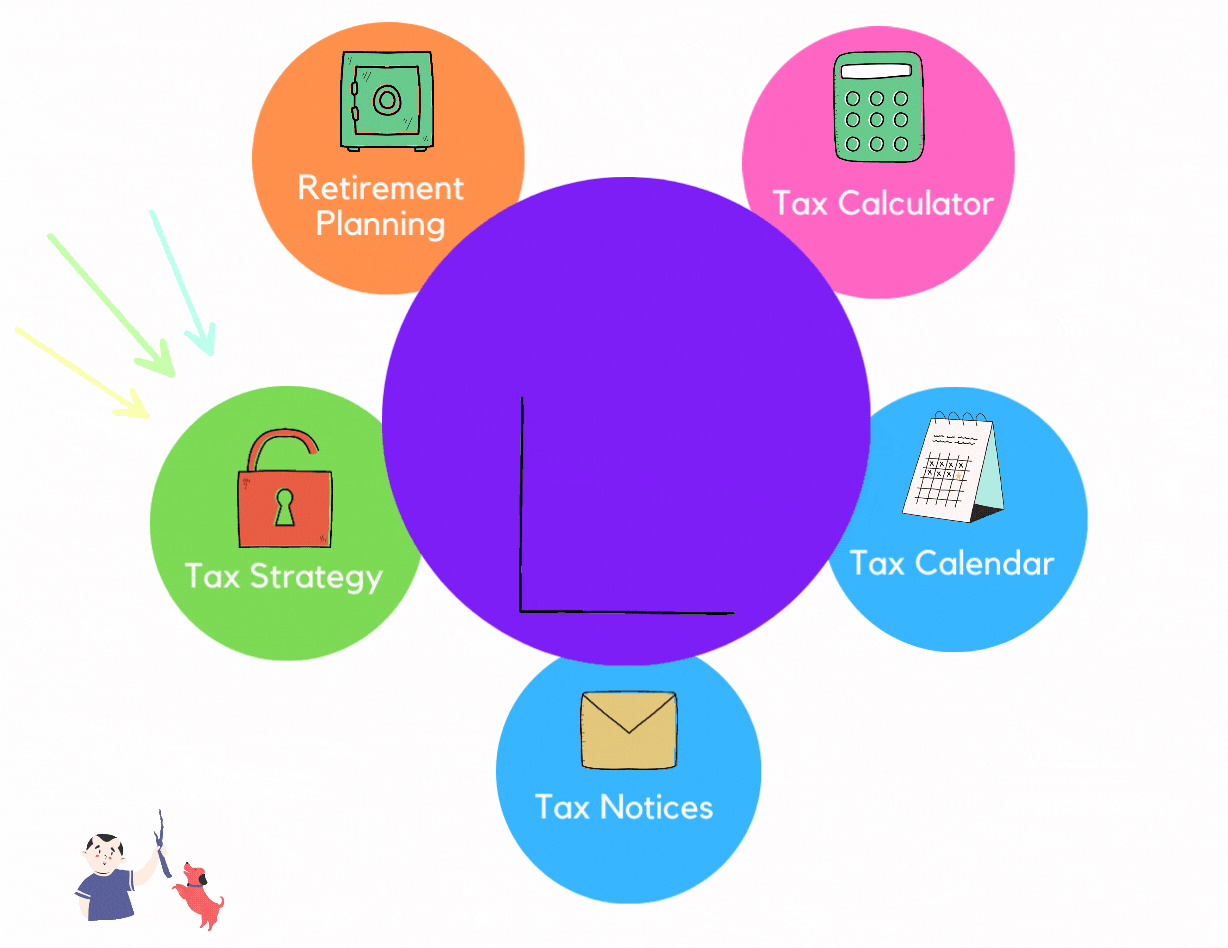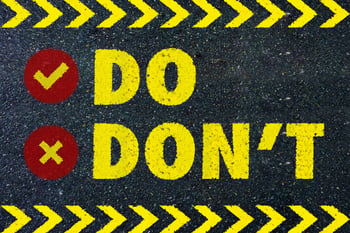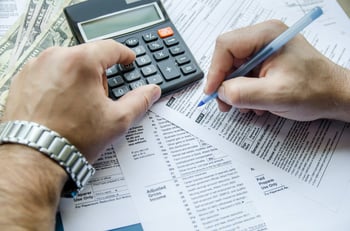Explore bountiful tax savings with tax planning using the strategy of the business meal deduction.
*26 U.S. Code § 162 - Trade or business expenses...ordinary and necessary, https://www.law.cornell.edu/uscode/text/26/162
About this page:
If you want to stop paying high taxes for you, your family, or your business, learn about the business meal deduction as a tax planning strategy, is a great way to get started!
Read on to learn about the business meal deduction available to eligible businesses.

Tax Planning & The Business Meal Deduction
Special deduction for businesses large and small.
BMD can be used for the cost of the food, beverages, tips, and more!

Step 2
If I cannot avoid penalties, do I have enough cash flow to pay them when they become due?
Do I have a tax plan that includes a combination of tax strategies I can use to mitigate the penalties, if I owe?
Step 3
Am I eligible and do I have all the necessary records for substantiation, if I file for penalty abatement?
Are my records easily retrievable in case I am required to provide substantiation, in case of an audit3?
Step 4
Am I able to accurately complete all the necessary tax forms to receive this benefit?
Am I filing all the necessary tax forms in a timely manner to receive this benefit?

First, determine if you are one of the following eligible taxpayers that can use the TIM deduction.
A corporation?
Then, determine if your expenses qualify for the deduction.
Expenses qualify if all of the following conditions are met:
2. Meals must be from restaurants4
3. The cost of the meal can include taxes and tips.
For 2021 and 2022, the business meal deduction has been enhanced5.
For 2021 and 2022 only, businesses can generally deduct the full cost of business-related food and beverages purchased from a restaurant where the usual limit is 50% of the cost of the meal. Payment or billing for the food and beverages occurs after December 31, 2020, and before January 1, 2023.

Second, create a tax plan with tax strategies that uses the BMD deduction and other strategies that align with your particular facts and circumstances to minimize, defer, or eliminate business taxes in the current year, prior year, or future year.
We suggest hiring a tax consultant, like ourselves, to create a personalized tax plan for you.
Third, implement the tax plan6 by keeping adequate records. Implementation could mean purchasing recordkeeping software & bookkeeping support, purchasing equipment, or investing in a specific business enterprise to implement the strategies in the tax plan.
A thorough review of your cash flow and your best estimate of future earnings are critical to realizing the tax savings in the tax plan. In addition, keeping adequate and reliable records plays a critical role for supporting documentation.

Finally, take the tax benefit by filing, timely and accurately, all the necessary tax forms and worksheets to receive the benefit. This could mean filing amended returns to adjust amounts in returns filed in prior tax years, for example, when carryforward/carryback provisions are allowed.
Interested in a personalized tax savings presentation?
Learn what tax planning can do for you! Click the "Sign Up" button below to learn more about our "Let's Talk Tax Savings" personalized presentation and complete the sign up form to get started.

"Anyone may so arrange his affairs that his taxes shall be as low as possible; he is not bound to choose that pattern which will best pay the Treasury; there is not even a patriotic duty to increase one's taxes"
---Billings Learned Hand (1872 - 1961), American Jurist, Lawyer, and Judicial Philosopher, US Federal Trial Judge, Southern District of New York, Appellate Judge of US Court of Appeals ---
_300x175-1.png?width=150&height=88&name=Pic_Lentax.co%20Logo%20(2021_09)_300x175-1.png)
_300x175-3.png?width=150&height=88&name=Pic_Lentax.co%20Logo%20(2021_09)_300x175-3.png)